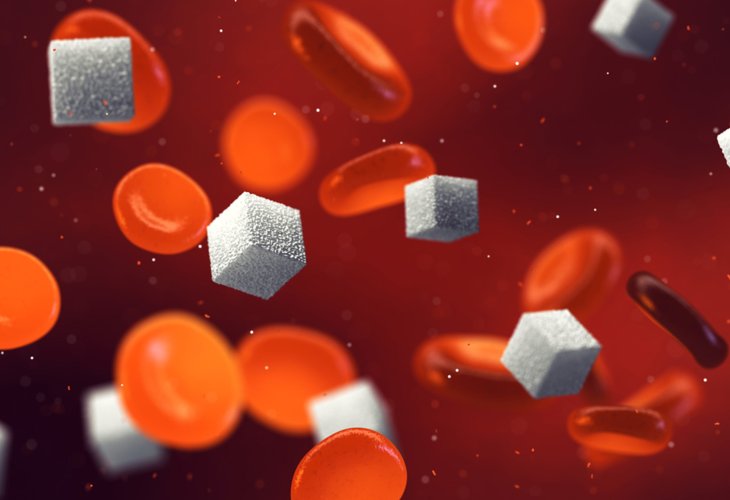Understanding Low Blood Sugar: What Happens When Your Glucose Levels Drop?
Difficulty concentrating, blurred vision, speech impairment, and headaches are just some symptoms of sudden low blood sugar. Learn what you need to know, how to prevent it, and why people with diabetes need to be especially careful.
 (Photo: shutterstock)
(Photo: shutterstock)Hypoglycemia is when blood sugar levels in the plasma are low, which can lead to medical consequences and potentially life-threatening risks, especially if you have diabetes. For non-diabetics, it can occur after prolonged fasting, requiring something sweet to stabilize. Medically, a blood sugar level below 70 mg/dL indicates hypoglycemia, and in diabetics, it can be triggered by uncontrolled insulin intake.
How to Recognize Hypoglycemia
Symptoms include headache, blurred vision, difficulty focusing, speech problems, dizziness, restlessness, trembling, anxiety, heart palpitations, sweating, hunger, tingling, seizures, and even loss of consciousness if levels continue to fall without correction. Prompt recognition is crucial to prevent worsening conditions and possible life-threatening scenarios.
Causes of Hypoglycemia
- Excessive Alcohol Consumption – Drinking alcohol inhibits glucagon production, a hormone that releases glucose from the liver into the bloodstream, causing hunger and the need to eat if you feel unwell after drinking.
- Prolonged Hunger – Individuals with anorexia or eating disorders are at high risk due to lack of food, leading to insufficient glucose production in the bloodstream.
- Excessive Insulin Production – A pancreatic tumor that produces and secretes insulin can cause hypoglycemia by lowering blood sugar levels when insulin is too high.
- Medications – Certain drugs can adversely affect blood sugar levels, so check sensitivities and usage guidelines. It's advised to take medication with food for a balanced meal.
- Diseases – Liver diseases may impair glucose production; reduced kidney function can prolong insulin activity, causing low blood sugar.
- Dawn Phenomenon and Somogyi Effect – Caused by hormonal shifts in the morning, breaking down body's sugar reserves and leading to high morning blood sugar after nighttime hypoglycemia.
Treating Low Blood Sugar
Most hypoglycemia cases, symptomatic or not, self-diagnosed through monitoring, can be effectively treated by consuming simple carbohydrates. According to the 2022 American Diabetes Association Guidelines, glucose (15-20 grams) is recommended when levels fall below 70 mg/dL, as long as the person is conscious. Flavored glucose syrup is available.
Once sugar levels begin rising, follow with a complex carbohydrate snack/meal (at least 20 grams) to prevent recurrence. Continuous glucose monitors without finger pricks help diabetics achieve balanced levels by providing real-time data through mobile apps.
Tips for Tackling Hypoglycemia:
- Limit Alcohol Consumption – Include alcohol earlier in the day rather than at night, and never on an empty stomach.
- Revise Your Diet – Some foods cause rapid blood sugar spikes and crashes. Opt for foods maintaining steady levels with low glycemic indices, analyzing labels when purchasing.
Low-glycemic foods include chicken, fish, other proteins, nuts, almonds, beans, non-starchy vegetables like asparagus, beets, broccoli, and tomatoes.
Occasional high-glycemic foods are okay but in smaller portions with healthy fats, proteins, and carbs. The food's type, quantity, timing, and combination all matter.
Maintain a regular meal routine.
- Manage Insulin Care – Overuse is the most common reason for low blood sugar. Ensure proper insulin type and dosage for diabetes management.
- Monitor Your Blood Sugar – Track usage with continuous monitors, essential for diabetics to spot low or high levels (hypo/hyperglycemia).
- Exercise Wisely – Physical activity uses excess blood glucose, potentially lowering levels. Exercise releases endorphins, enhancing mood. Long-term exercise can reprogram the brain for broader well-being.
Professor Julio Weinstein is the Director of the Diabetes Unit at Wolfson Medical Center and a senior diabetes specialist at DMC Diabetes Treatment Center.

